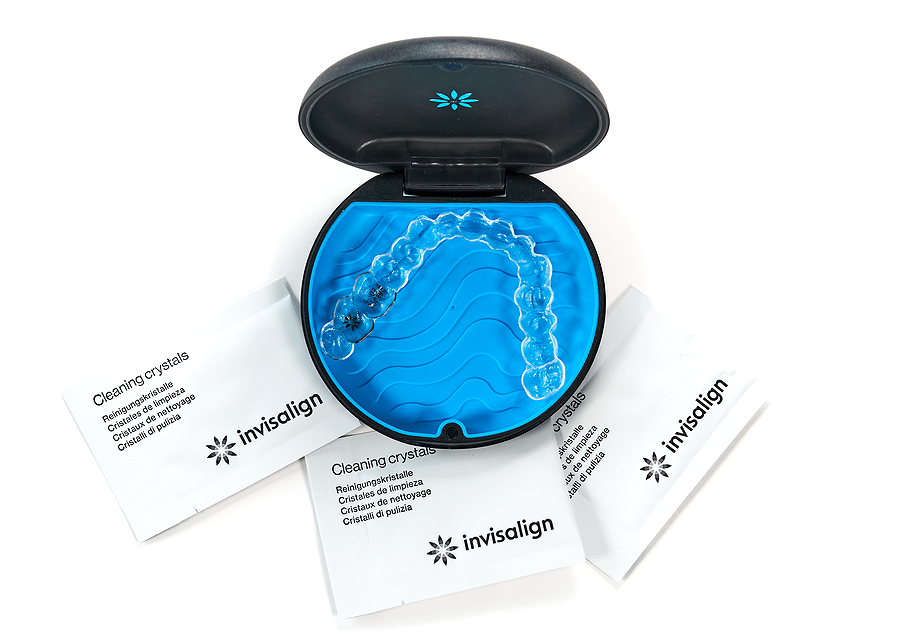EMAIL OR CALL: (212) 979-0990
A Guide to Tooth Extractions in New York, NY: What to Expect and How to Prepare
Posted by David Gitlin Mar 07, 2024

Tooth extractions are sometimes necessary to maintain oral health and prevent further complications. Whether due to severe decay, impacted wisdom teeth, or orthodontic treatment, extractions in New York, NY, are a common dental procedure performed with precision and care. A skilled dentist can assess your condition and determine the best approach for your extraction to ensure minimal discomfort and a smooth recovery.
Understanding Tooth Extractions
A tooth extraction removes a tooth from its socket in the jawbone. While preserving natural teeth is always a priority, extractions become necessary when a tooth is beyond repair or poses a risk to oral health. There are two primary types of extractions:
Simple Extractions
- Performed on visible teeth above the gumline.
- Typically used for teeth that are damaged but still intact.
- Requires local anesthesia for pain relief.
- The dentist loosens the tooth using a specialized instrument before removal.
Surgical Extractions
- Necessary for teeth that are impacted, broken below the gumline, or require removal for medical reasons.
- Requires a small incision in the gum and sometimes the removal of bone tissue.
- Performed under local anesthesia, sedation, or general anesthesia.
- More common for wisdom teeth extractions and severely decayed teeth.
Common Reasons for Tooth Extractions
A dentist in New York, NY, may recommend an extraction for several reasons, including:
- Severe Tooth Decay: A root canal is no longer an option when a cavity reaches deep into the pulp.
- Gum Disease: Advanced periodontitis can cause teeth to loosen, requiring extraction.
- Impacted Wisdom Teeth: Wisdom teeth that fail to emerge properly can cause pain, infection, and misalignment.
- Overcrowding: Removing teeth may be necessary for orthodontic treatment to create space for proper alignment.
- Fractured or Broken Teeth: Teeth that are severely damaged and cannot be repaired with a crown or filling.
What to Expect During a Tooth Extraction
Understanding the process can help alleviate anxiety and ensure a smooth experience. Here’s what you can expect:
Step 1: Consultation and Evaluation
Your dentist in New York, NY, will examine your teeth and take X-rays to determine the best approach for extraction. They will also review your medical history to ensure no underlying health concerns.
Step 2: Anesthesia Administration
- Local anesthesia is commonly used to numb the affected area.
- Sedation or general anesthesia may be recommended for more complex procedures.
- The dentist ensures you are comfortable before proceeding.
Step 3: Tooth Removal
- The tooth is loosened and gently removed using dental forceps for simple extractions.
- An incision is made for surgical extractions, and the tooth may be sectioned for easier removal.
- Stitches may be used to close the surgical site if necessary.
Step 4: Post-Procedure Care
- A gauze is placed to control bleeding and promote clot formation.
- Pain management instructions will be provided.
- Patients are advised to follow specific aftercare steps to ensure proper healing.
Recovery and Aftercare Tips
Proper aftercare is essential for a smooth recovery following extractions in New York, NY. Here are some tips:
- Rest and Limit Activity: Avoid strenuous activities for at least 24 hours after the extraction.
- Manage Pain and Swelling: Use prescribed or over-the-counter pain medication and apply ice packs to reduce swelling.
- Eat Soft Foods: Stick to a diet of yogurt, mashed potatoes, soup, and smoothies for a few days.
- Avoid Smoking and Alcohol: These can delay healing and increase the risk of complications.
- Follow Oral Hygiene Guidelines: Avoid brushing directly at the extraction site for the first 24 hours, but continue regular oral care.
- Monitor for Complications: Watch for signs of infection, such as fever, excessive swelling, or prolonged bleeding, and contact your dentist if needed.
Potential Risks and Complications
While extractions are generally safe, there are potential risks, including:
- Dry Socket: A painful condition when the blood clot at the extraction site dislodges prematurely.
- Infection: Bacteria entering the wound can lead to an infection if not properly cared for.
- Nerve Damage: Rare but possible, especially in lower wisdom teeth extractions.
- Excessive Bleeding: Contact your dentist immediately if bleeding persists beyond 24 hours.
Replacing Extracted Teeth
After an extraction, it may be necessary to consider tooth replacement options, especially for front teeth or molars. A dentist in New York, NY, may recommend:
- Dental Implants: A permanent solution that mimics the look and function of a natural tooth.
- Bridges: A prosthetic tooth anchored to adjacent natural teeth.
- Dentures: A removable option for replacing multiple missing teeth.
When to See a Dentist for a Tooth Extraction
If you experience any of the following, it may be time to contact us about an extraction:
- Persistent tooth pain that doesn’t improve with treatment.
- Swollen or bleeding gums around a specific tooth.
- Difficulty chewing due to a damaged or infected tooth.
- Overcrowding affects your bite or alignment.
- Delayed eruption of wisdom teeth causing pain or discomfort.
Conclusion
Tooth extractions, whether simple or surgical, are crucial in maintaining oral health. Finding an experienced dentist in New York, NY, if you need extractions ensures a smooth and pain-free procedure. Proper aftercare and guidance allow you to recover quickly and explore tooth replacement options if needed. Schedule a consultation today to determine the best course of action for your dental health.
To schedule an appointment with us at L.E.S. Dental Group, 62 Rivington Street, New York, NY 10002, please call (212) 979-0990 for bookings and consultations. Please visit our official website to learn more about our various services.
More Blog Posts
Location
62 Rivington Street,
New York, NY 10002
Office Hours
MON - FRI10:00 am - 6:00 pm
SAT9:00 am - 4:00 pm
SUNClosed





